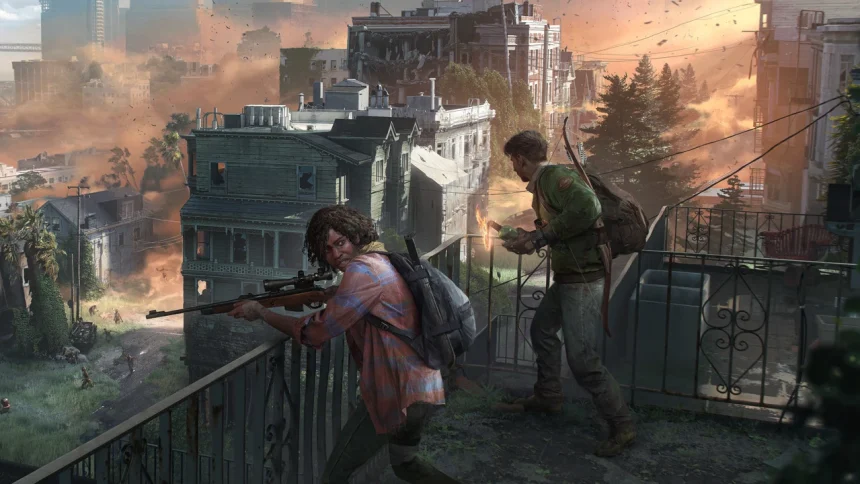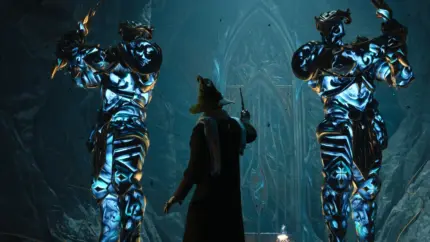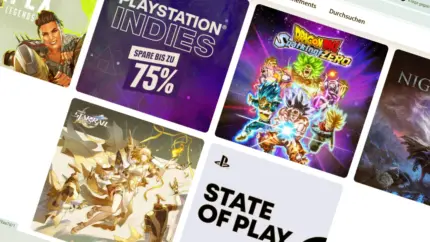One of the biggest failures of the current console generation was certainly the discontinuation of "The Last of Us Online", or as many probably know it better, the multiplayer live service project. A project that initially got fans excited ended up being another failed promise. Who would have thought that Naughty Dog of all people, the studio behind the acclaimed "The Last of Us" would fail in an ambitious online project?
Too much ambition brought the project to a halt
Before the release of "The Last of Us: Part 2", Naughty Dog explained that they were working on a standalone version of the popular multiplayer game. Many thought they were about to experience a multiplayer game that would turn the world upside down - after all, the original Factions in "The Last of Us" was a real highlight for fans of the series. However, despite multiple announcements and hints from Naughty Dog that the project would be "incredibly ambitious" and even concept drawings were shown, the final withdrawal came in 2023: The game has been discontinued. Instead, the studio decided to focus on single-player experiences.
In conversation with Sacred Symbols+ revealed Shuhei Yoshida, the former head of PlayStation Studios, that he had played "The Last of Us Online" - and that it was great. A consolation prize? Probably. Yoshida went on to explain that the decision to shelve the project wasn't simply a matter of resources, but that Naughty Dog realized the enormous challenges that come with live-service games. And here comes the twist: Bungie, known for its experience with such games, gave the crucial indication that Naughty Dog probably didn't have the necessary expertise in this area. A bitter realization that led to the ambitious idea being quickly crossed off the list.
The management has failed
According to Yoshida, however, the reason for the failure was not simply a lack of vision, but rather a lack of foresight and long-term planning. Instead of focusing on a live-service model, which carries too many risks anyway, Naughty Dog would have done much better to focus on what it does best: epic single-player experiences. That might have been the right move to continue the legacy of "The Last of Us" instead of getting lost in an overly uncertain and hectic market.
In the meantime, Sony has also Bluepoint and Bend Studio projects canceledwhich has upset the fans. Many fear that these teams may have spent years working on ideas that will never see the light of day. As Yoshida aptly summed it up: "Yeah, it's crap."
So the question remains: how much would we have gotten from "The Last of Us Online" if Naughty Dog had been able to realize the project properly? Perhaps we'll never know. The takeaway from this is that live-service games are a tough nut to crack, and not every developer can.



